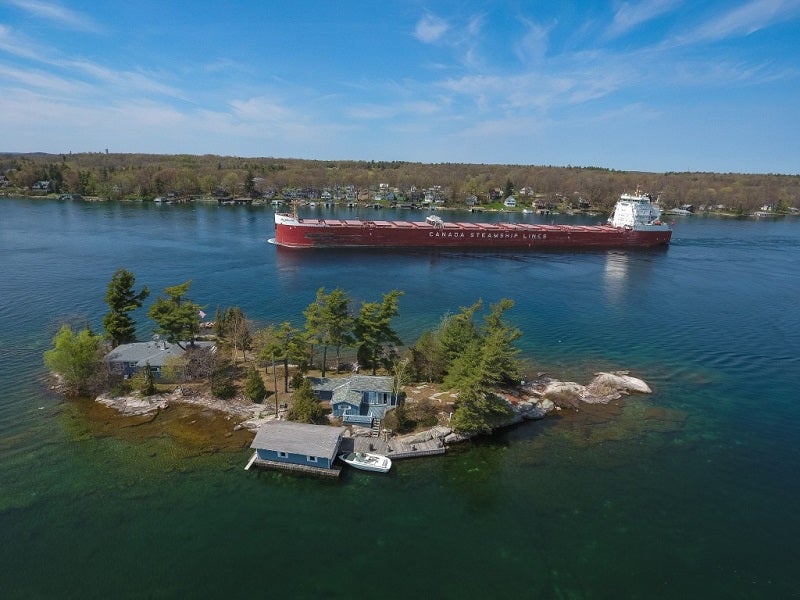
Canada’s CSL Group, which operates dry bulk cargo handling vessels, has concluded the world’s longest-running test of B100 biodiesel on marine engines, with almost 30,000 running hours.
The trials, which were done on half of the group’s Canadian fleet, showcased a 23% carbon reduction in the total fleet life cycle compared with fossil fuel marine gas oil (MGO).
CSL’s biofuel trials were performed in collaboration with Canada Clean Fuels and Sterling Fuels.
Under the testing, around 14,000t of MGO was replaced by 100% bio-content second-generation biofuel without carrying out any ship equipment changes.
CSL president and CEO Louis Martel said: “Our test results confirm the potential of biodiesel as a realistic and immediate alternative to fossil fuel that holds great potential to support the decarbonisation of the marine transportation sector in Canada and throughout the world.
“We encourage the International Marine Organisation, the Government of Canada and governments around the world to recognise the credible impact of biofuels as an interim solution in reducing emissions, and to support and implement a cost-competitive framework that promotes its use and secures supply.”
The testing continued for nearly six months and was conducted on eight ships under a Transport Canada testing protocol.
Without modifying the current equipment, the B100 biodiesel was tested on main and auxiliary engines.
This green fuel was sourced in North America and completely generated from waste plant material.
The reductions in discharges were calculated using GHGenius, the Canadian Government life cycle emission tool.
Martel added: “As we closely monitor the development of alternative fuels and continue to invest in research and development (R&D) and innovative digital solutions, we are confident the use of biodiesel can speed up decarbonisation in the marine transportation sector by offering immediate and significant carbon reductions.”
CSL Group claims to be the largest owner and operator of self-unloading vessels globally.
The company supplies more than 70 million tonnes of cargo a year for clients in the construction, energy, steel and agri-food industries.
Earlier this month, K Line performed a trial using marine biofuel with a car carrier named Polaris Highway.



